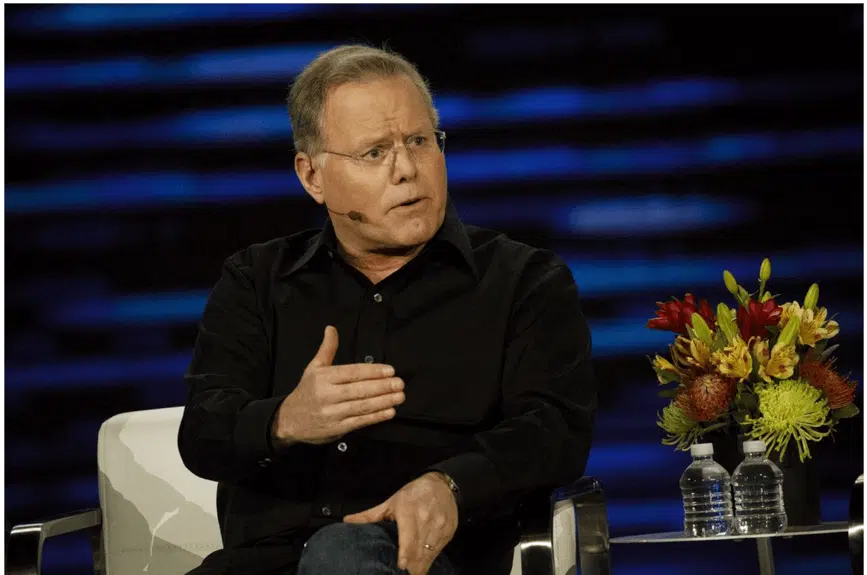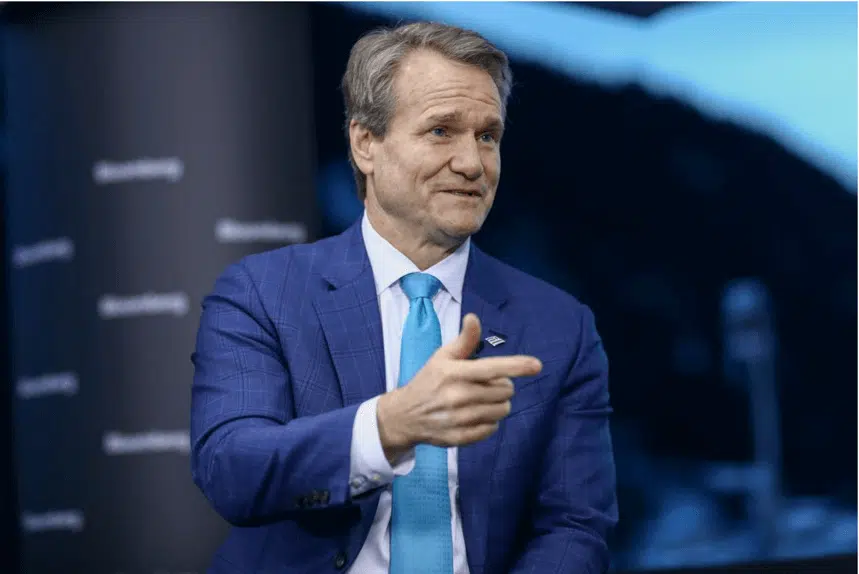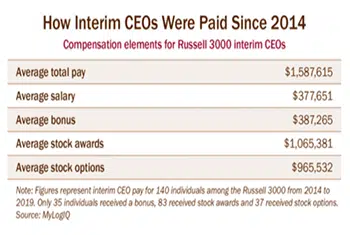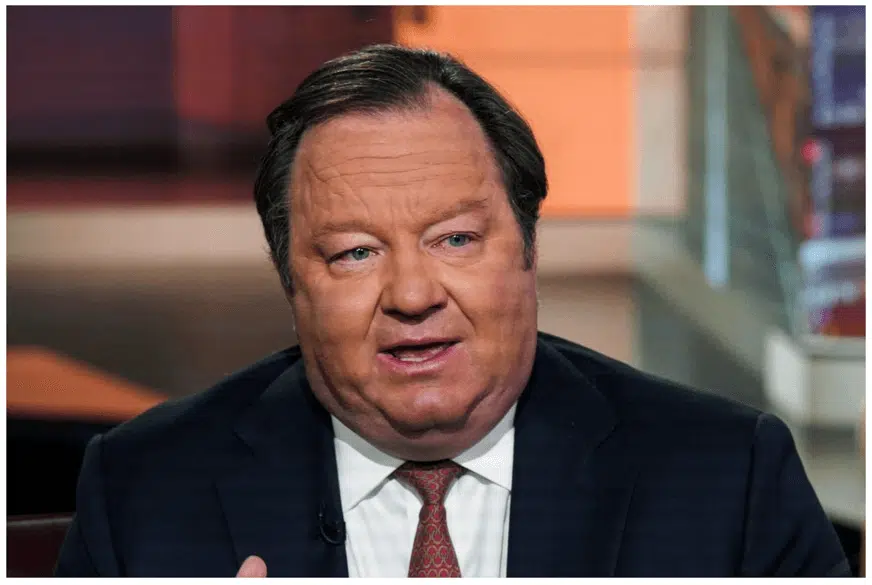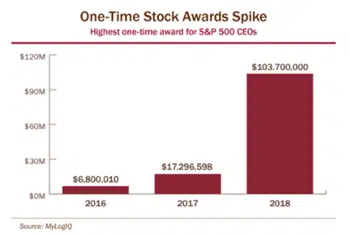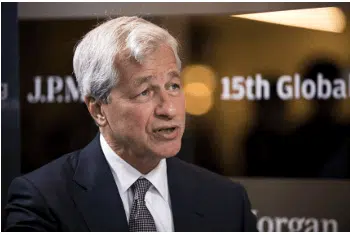Companies are taking steps to shore up balance sheets with more cash on hand by drawing on credit facilities, suspending dividends, cutting spending and in some cases eliminating cash payments to CEOs, executives and board members as employees deal with business shutdowns.
At such companies as Boeing, Booking Holdings, Darden Restaurants, Delta Air Lines, Kama Corp., United Airlines Holdings, Sabre Corp. and Steelcase, executives and some board members have decided to cut base salaries and board cash retainers, and in some cases executives will go unpaid until the end of the year. The compensation cuts provide relatively small amounts of liquidity for companies and are likely intended to send a message to employees who are unpaid and uncertain.

